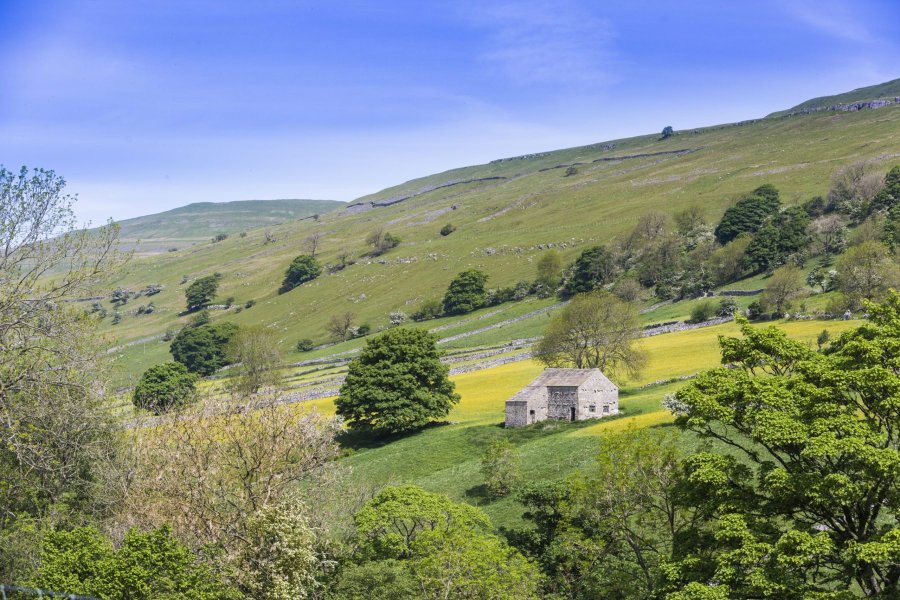
Two landscapes in the English uplands are set to be restored by a farmer-focused nature recovery initiative in one of the most significant projects of its type the UK has seen.
The Tees-Swale project will centre on two upland landscapes: Upper Teesdale in the North Pennines (AONB) and Upper Swaledale in the Yorkshire Dales National Park.
The programme covers an area of 829 km2, creating a significant nature recovery area in the northern uplands.
The project aims to mitigate climate change, improve wellbeing and boost biodiversity to aid the post-Covid19 green recovery of the UK.
The National Lottery Heritage Fund is to fund the £8.5m Tees-Swale programme with a grant of £5.7 million for the 5-year scheme.
It will be led by the North Pennines Area of Outstanding Natural Beauty (AONB) Partnership in collaboration with the Yorkshire Dales National Park Authority.
Over 60 farmers and landowners have already committed to carrying out work to benefit people and wildlife in the first two years of the scheme.
The partners aim to work with all 300 farmers in the area over the life of the programme.
Chair of the Tees-Swale board, Professor Sir John Lawton said the area is one of the most biodiverse parts of the English uplands, partly as a result of some of the nature-friendly farming practices that take place there.
"The programme allows us to build on those practices and put farming at the heart of nature recovery," he said.
The programme will support farming methods which restore at-risk natural heritage, connect priority habitats, and help to reverse the decline in biodiversity.
Methods will include hay meadow restoration, peatland restoration, river enhancement, wetland creation and woodland creation.
An important feature of Tees-Swale will be peer-to-peer learning between farmers and conservation organisations.
The programme aims to help make farmers ready to respond to new agri-environment measures, and initiate new ways of working that can be emulated across the UK to shape future policy.
